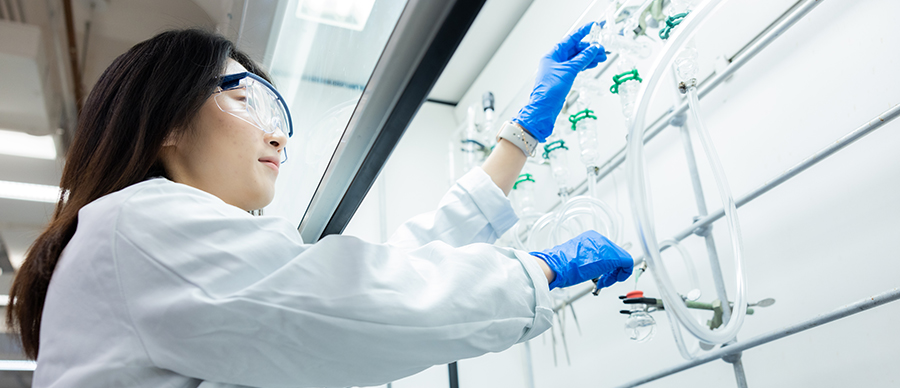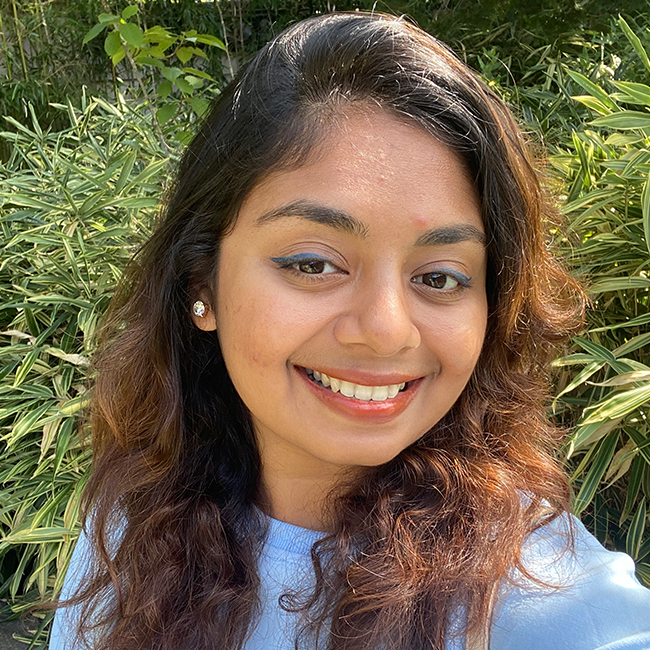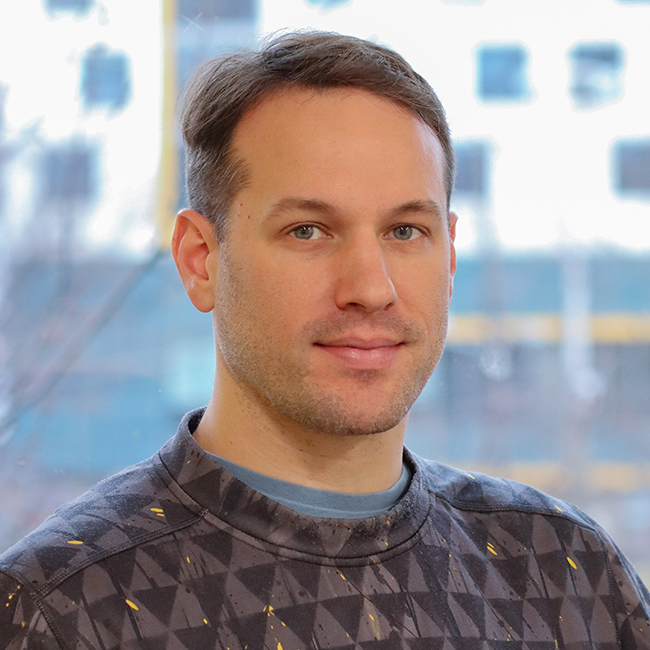
Industry connections and research experiences designed for your success
Whether you’re currently a chemistry professional or seeking to enter the field, the University of Pennsylvania’s Master of Chemical Sciences helps you prepare for a diverse range of career possibilities. With a faculty of leading researchers and industry experts, our Master of Chemical Sciences program provides the academic and career opportunities you need to achieve your professional chemistry goals.
- Choose from concentrations in biological chemistry, inorganic chemistry, organic chemistry, physical chemistry, environmental chemistry, and materials chemistry
- Network with chemistry professionals who work in a variety of research and applied settings
- Gain hands-on training and research experience through our industry partnerships with Axalta, the Baruch S. Blumberg Institute, Chemical and Nanoparticle Synthesis Core (CNSC), GlaxoSmithKline, Monell Chemical Senses Center, and The Wistar Institute
- Enroll full- or part-time, so you can pursue your education without interrupting your career
- Complete the 10-course program in two to four years, depending on your course load
- Demonstrate your abilities to current or prospective employers and stake out a new professional niche through the capstone experience
- Find your ideal career path with the guidance of faculty mentors and advisors


